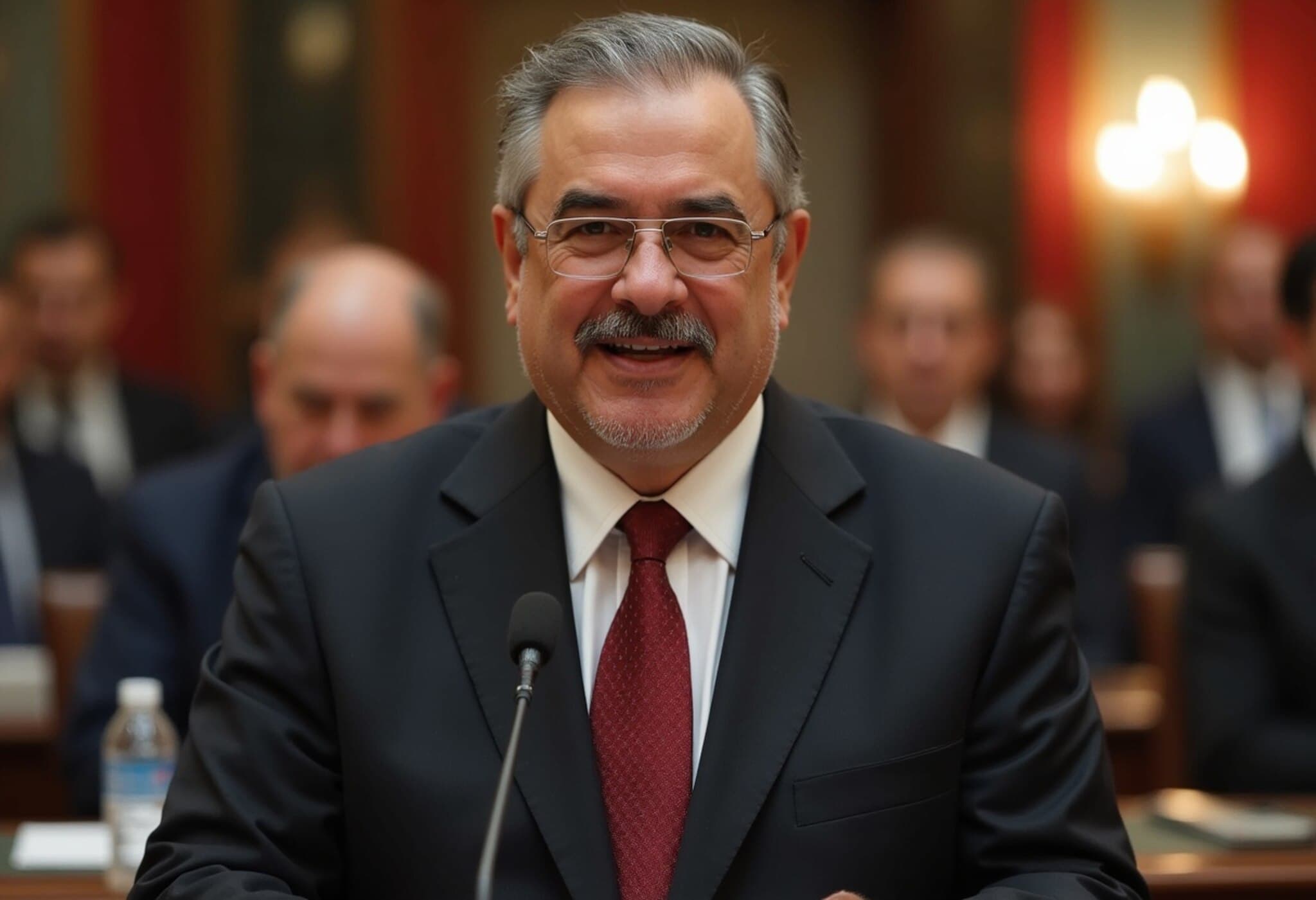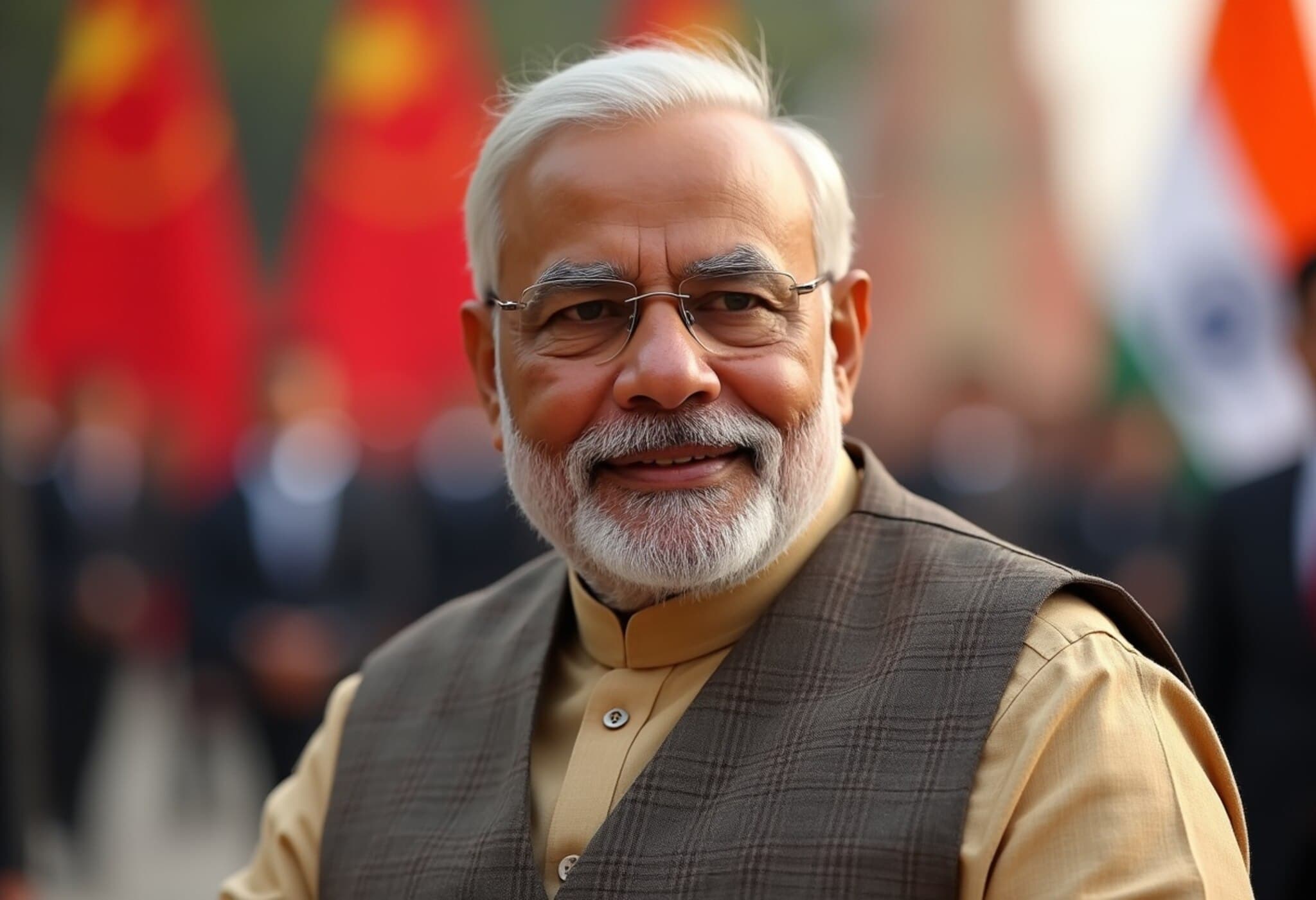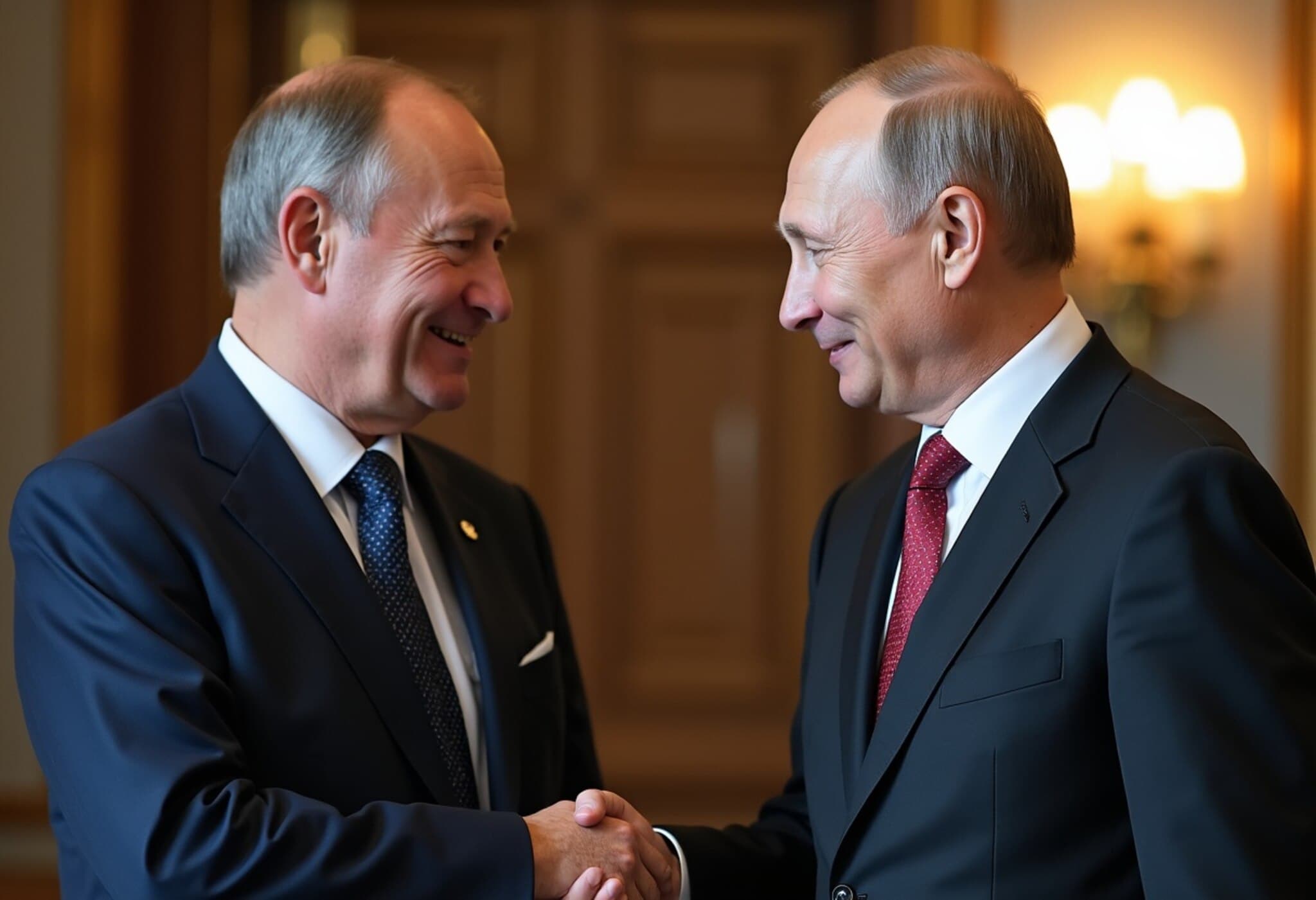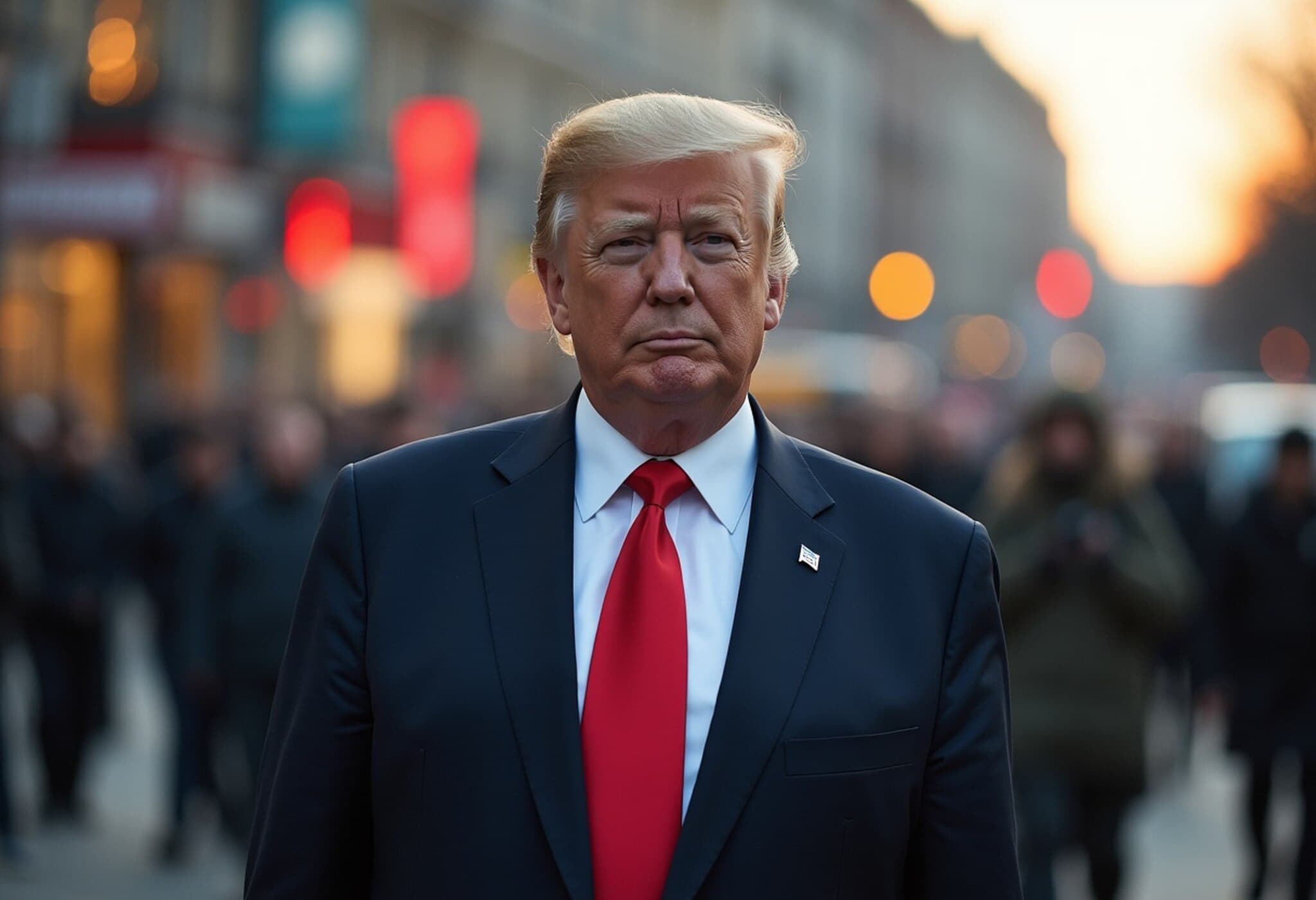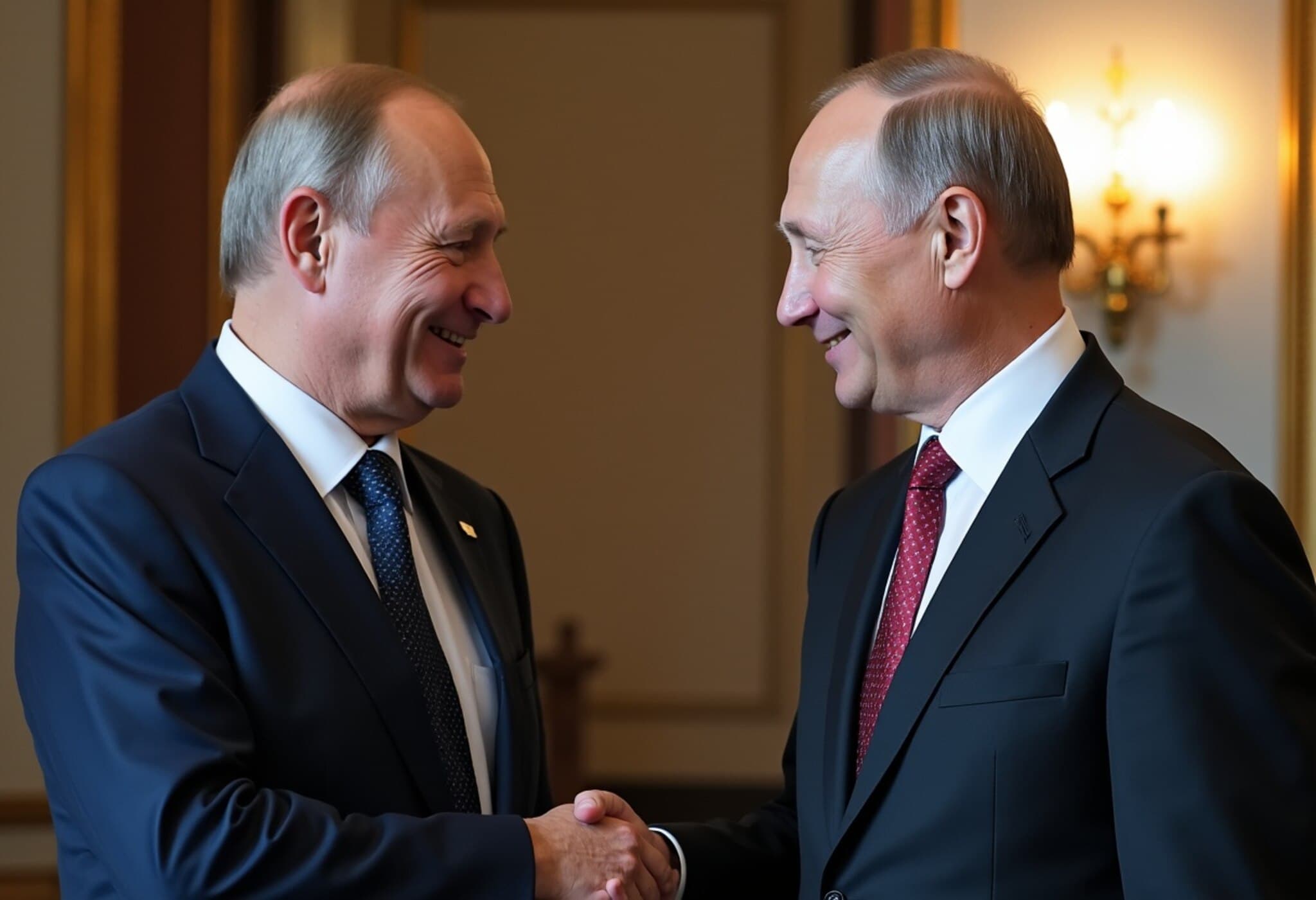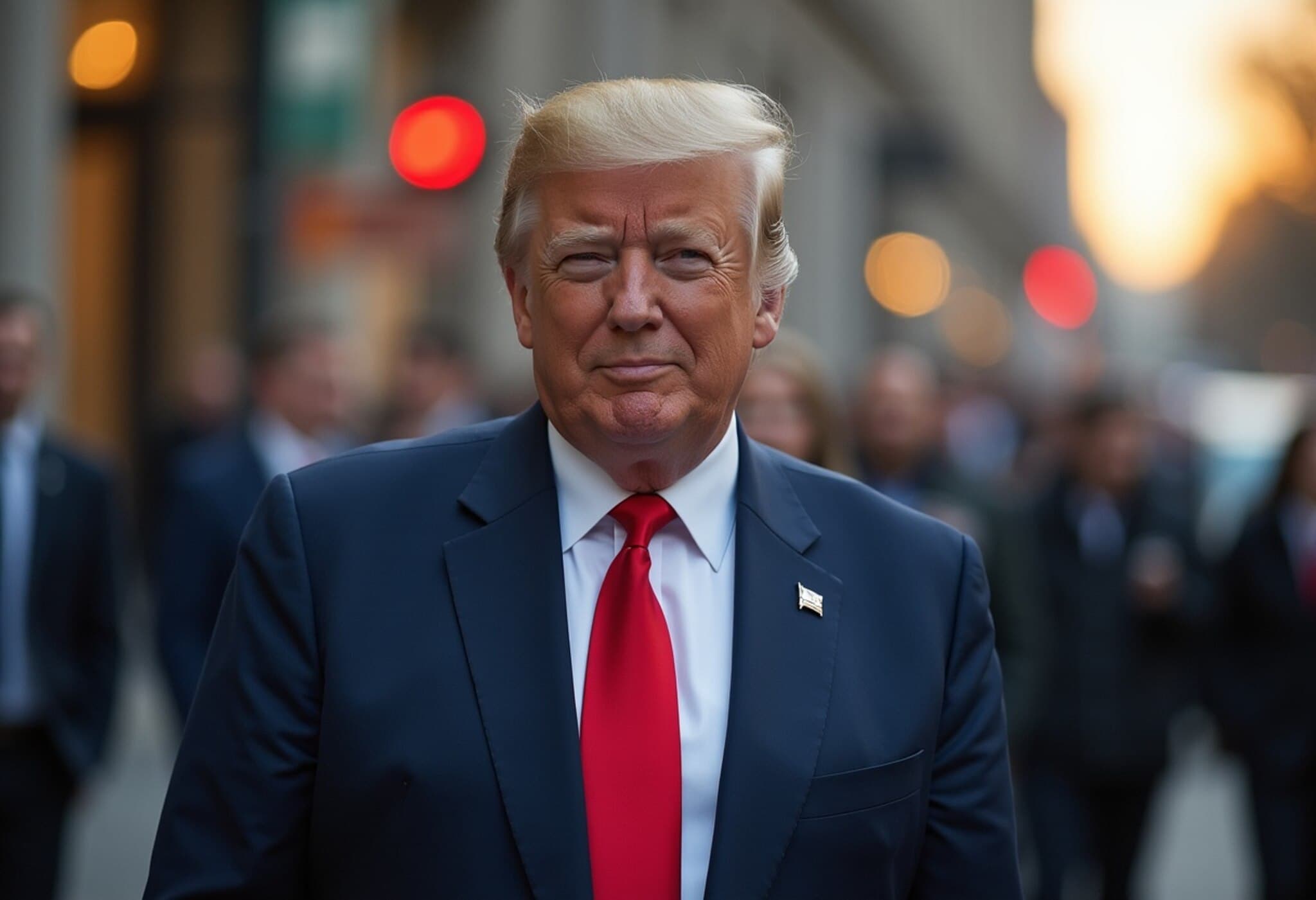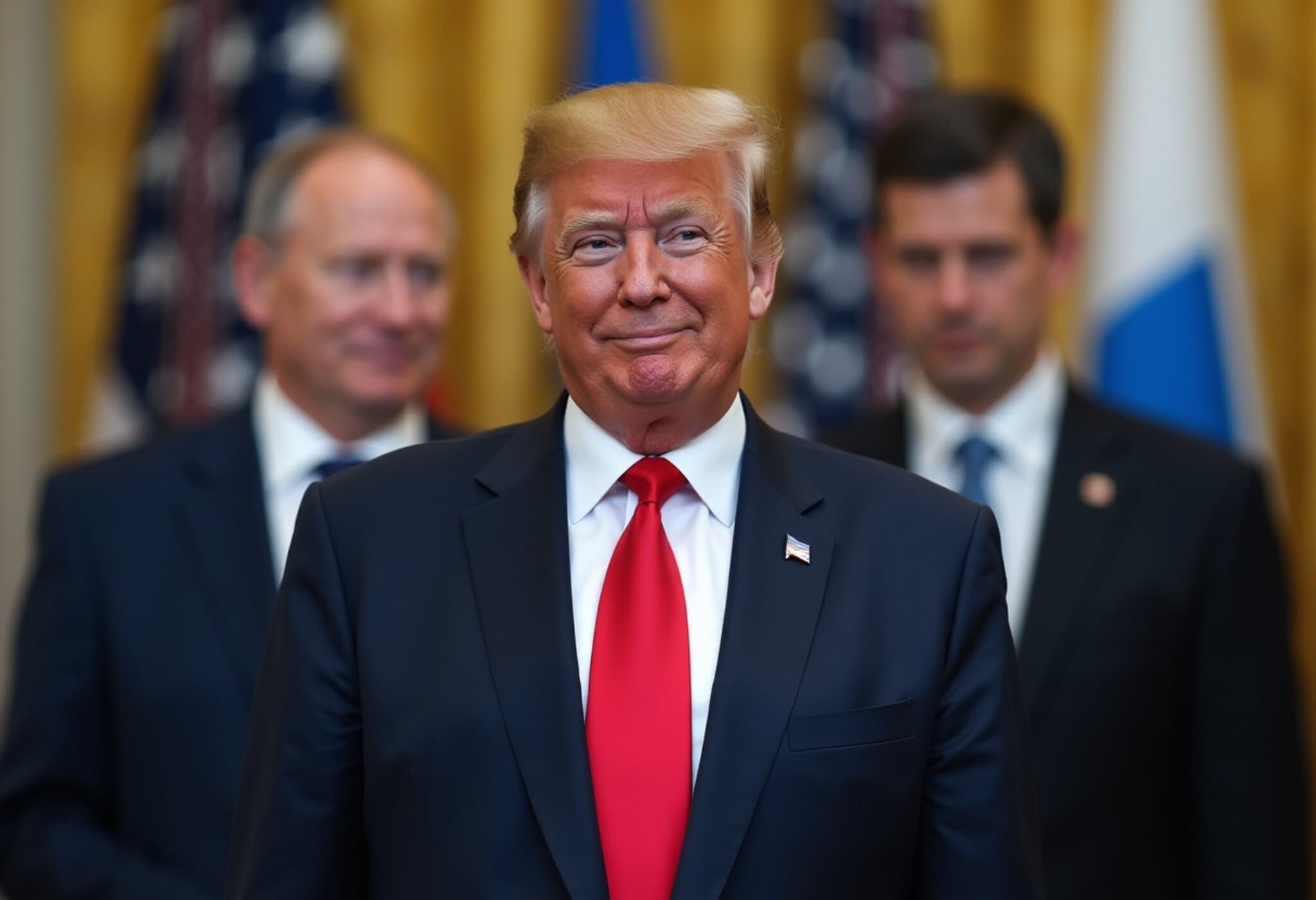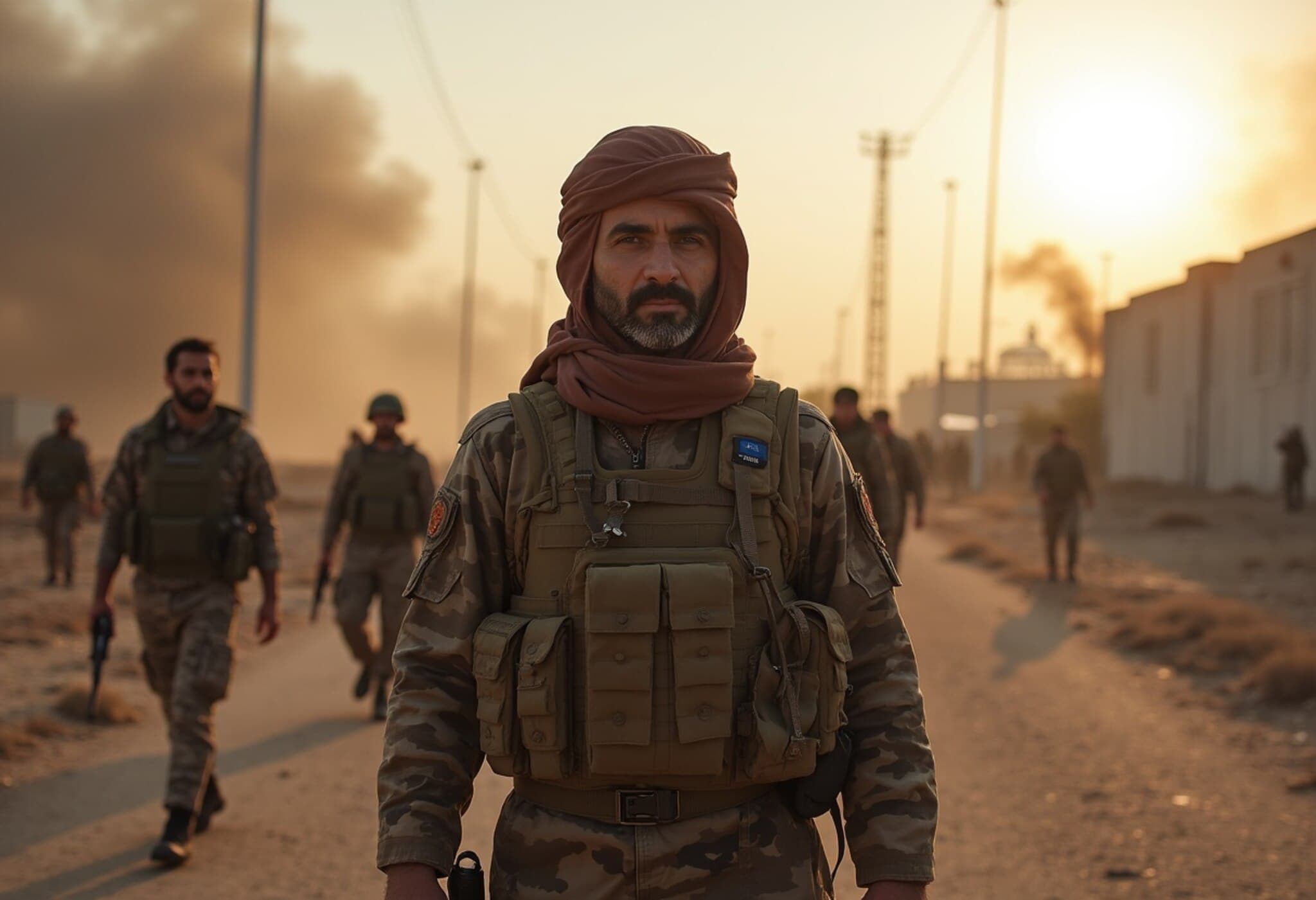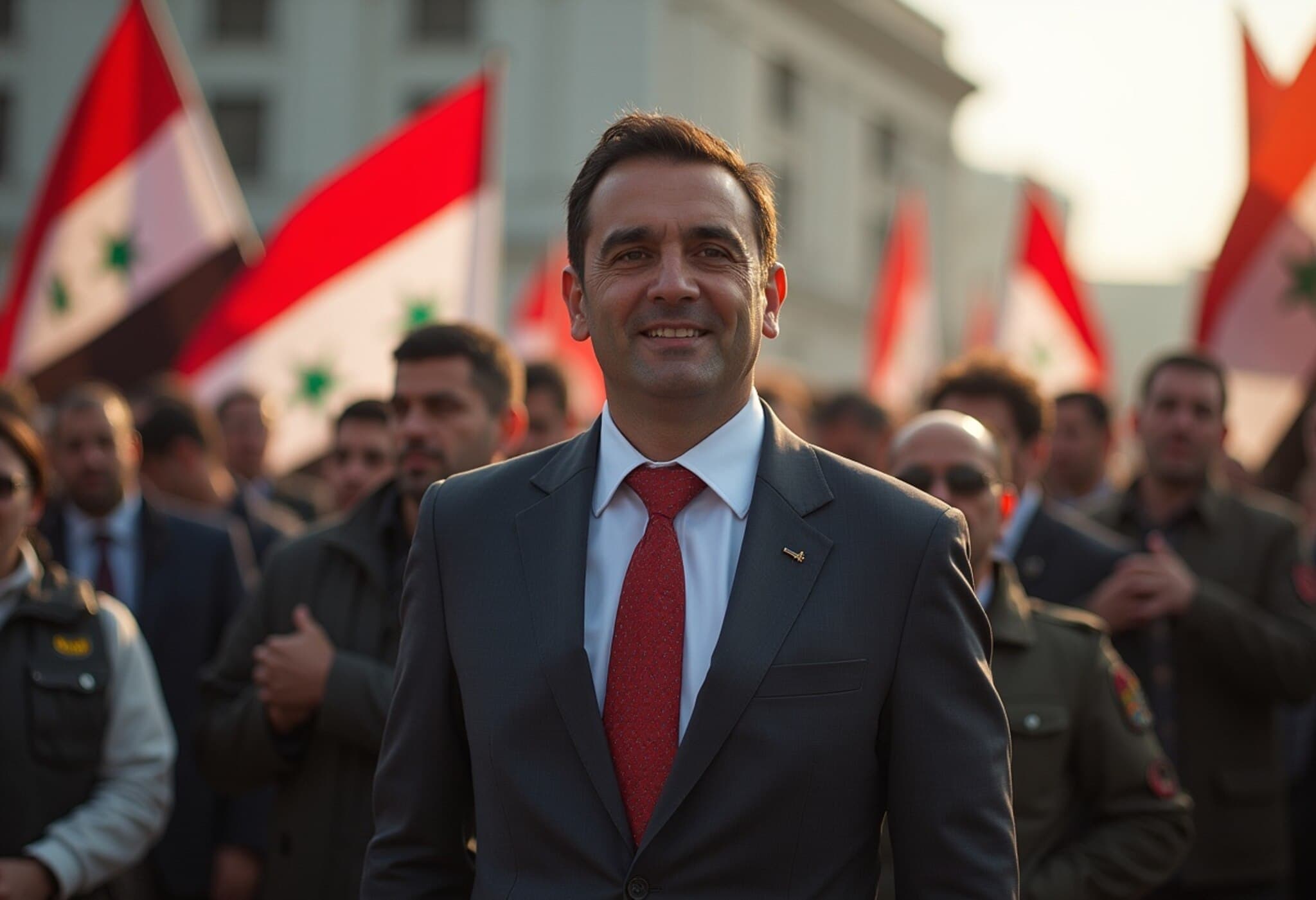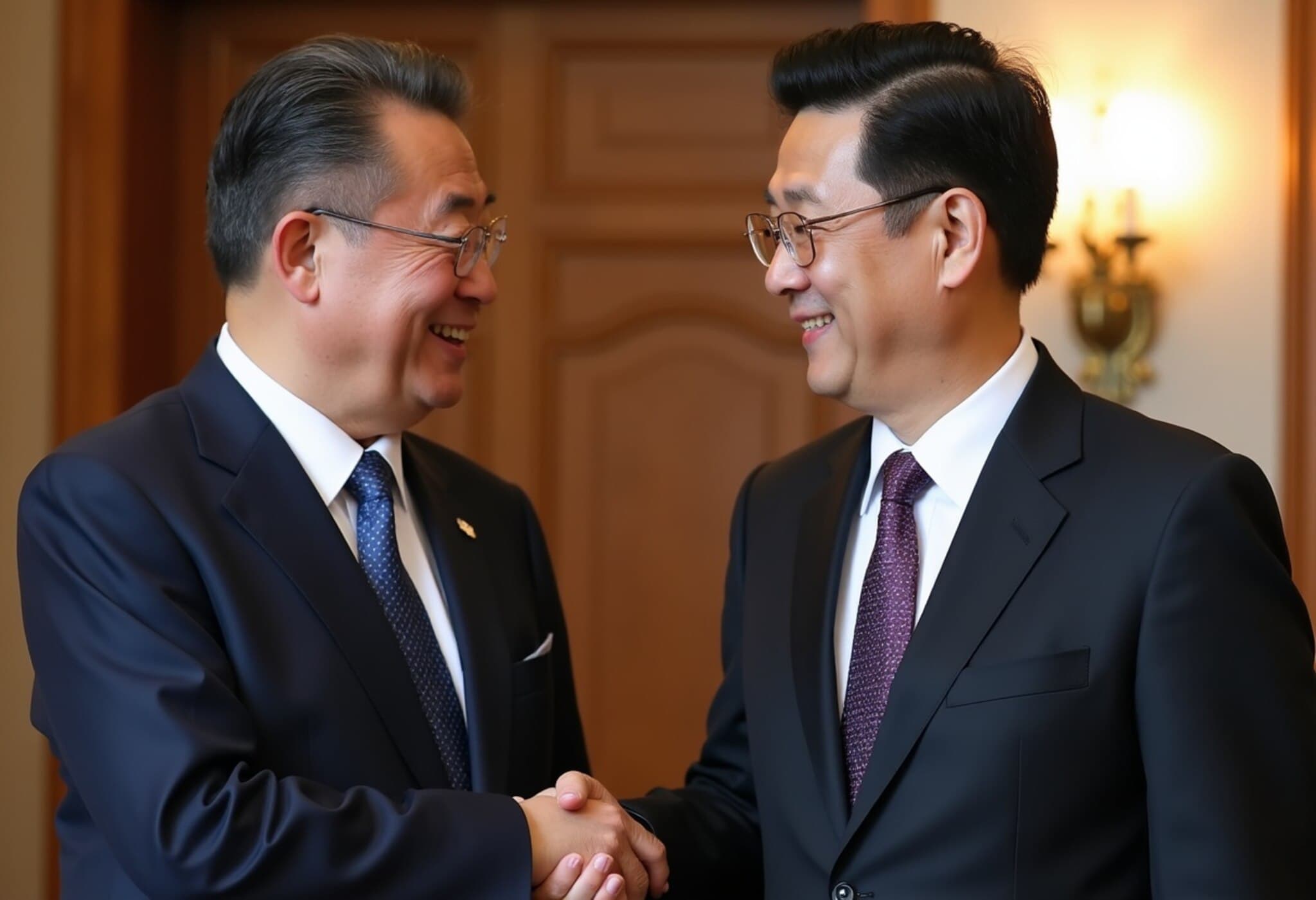A Historic Moment: Syria’s Interim President to Speak at UNGA
In a watershed diplomatic development, Syria’s interim President Ahmed al-Sharaa is set to address the United Nations General Assembly (UNGA) next month. This marks the first time in decades that a Syrian head of state will take the podium at this global forum — a symbol of Syria’s gradual reentry into international diplomacy following years of conflict and isolation.
Context: Syria’s Tumultuous Path to This Moment
Al-Sharaa assumed leadership in December 2024, after an Islamist coalition-led uprising ended the brutal 14-year reign of Bashar al-Assad, whose government had long been a pariah on the international stage. The civil war devastated Syria’s social fabric and displaced millions, and Assad’s downfall has opened an opportunity for Syria to reshape its foreign relations.
Since then, Syria’s new leadership has embarked on a diplomatic campaign to rebuild bridges. April 2025 saw Syrian Foreign Minister Asaad al-Shaibani delivering Syria’s first address to the UN in years, accompanied by the symbolic raising of Syria’s new flag at the UN headquarters in New York.
Why This Matters: Breaking the Silence After Half a Century
According to a foreign ministry official who spoke on condition of anonymity, al-Sharaa will be the first Syrian president to address the UN in nearly six decades, the last being former president Nureddin al-Atassi in 1967. Moreover, al-Sharaa will be the first to participate in the high-level week of the General Assembly scheduled from September 22-30.
This re-engagement is emblematic of Syria’s desire to shed decades of international sanctions and diplomatic isolation. However, al-Sharaa remains under certain UN sanctions and a travel ban linked to his past associations, which means each international trip requires special exemptions. This underscores the complexity of reconciling justice concerns with political realities on the ground.
Regional and Global Reactions
Al-Sharaa’s outreach has not gone unnoticed by world leaders. In recent months, he met with key figures including former US President Donald Trump in Saudi Arabia, and French President Emmanuel Macron in Paris on his inaugural Western trip. These meetings signal an emerging, if cautious, acceptance of Syria’s new leadership.
Analysts point out that this moment could signal a shift in Middle Eastern geopolitics, where Syria’s reintegration might reshape alliances and pave the way for reconstruction and stability. Yet, challenges remain, particularly regarding Syria’s future governance, the handling of past human rights abuses, and reconciling divergent international interests.
Looking Ahead: Syria’s Fragile Return to the World Stage
Al-Sharaa’s UN address is more than a formal speech; it symbolizes Syria’s tentative steps toward normalization. The international community will watch closely how this engagement influences Syria’s regional role, humanitarian access, and the broader quest for peace in a war-weary nation.
- Key dates: UNGA high-level week, September 22–30, 2025
- Notable firsts: First Syrian president to speak at UNGA since 1967
- Diplomatic milestones: Meetings with US and French leaders in 2025
Expert Insight
Dr. Lina Haddad, an expert in Middle Eastern diplomacy at Georgetown University, comments: “Al-Sharaa’s appearance at the UNGA is a diplomatic breakthrough but also a test. The international community faces the challenge of engaging with a leadership emerging from conflict while upholding accountability and human rights.”
She further notes the delicate balance the United States and European countries must strike between realpolitik and ethical considerations in recalibrating relations with Syria.
Editor’s Note
The upcoming UN General Assembly speech by Ahmed al-Sharaa offers a poignant reminder of how conflict-ridden states seek legitimacy and dialogue after years of isolation. As Syria steps back onto the global platform, key questions arise: How will this alter regional stability? Can reconciliation be pursued without compromising justice? And what role will the international community play in supporting sustainable peace?
For readers seeking to understand Syria’s evolving geopolitical landscape, al-Sharaa’s UNGA address will be a pivotal moment to watch, with implications reaching far beyond the assembly halls of New York.

